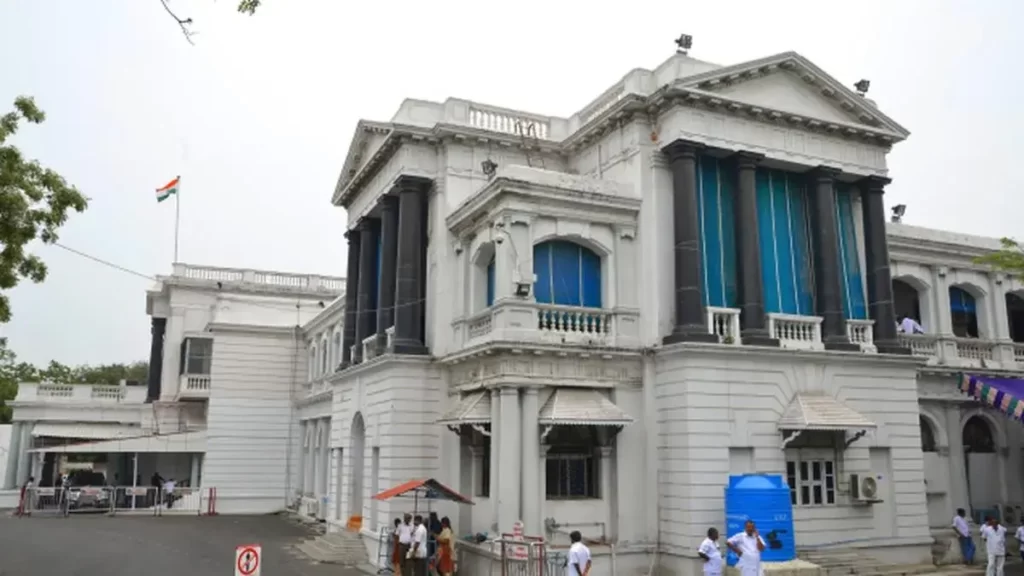ArdorComm News Network
November 28, 2023
In a special session held on November 18, the Tamil Nadu Assembly re-adopted ten bills that had been held up by Governor R N Ravi. The bills, which primarily addressed the Chief Minister’s appointment as chancellor of state universities in lieu of the governor, had been sitting in the governor’s office for more than two years. With the recent Supreme Court decision in a case filed by the Punjab government against Governor Banwarilal Purohit, the legal squabble over these bills took an interesting turn.
On Saturday, Tamil Nadu Law Minister S Regupathy expressed optimism about the re-adopted bills, anticipating positive news from Raj Bhavan. The Supreme Court’s decision in the Punjab case clarified that governors cannot withhold bills indefinitely without taking action, emphasizing that the constitutional powers of the unelected Head of State should not obstruct the regular legislative process. The court, led by Chief Justice of India DY Chandrachud, argued that granting governors unrestricted power would undermine the functioning of elected legislatures, contradicting the fundamental principles of a constitutional democracy based on a parliamentary pattern of governance.
Governor R N Ravi’s unexpected departure for New Delhi on the same day added to the mystery, with Raj Bhavan officials remaining tight-lipped about the reason for his visit. A recent report submitted to the Supreme Court by the Attorney General revealed the total number of bills pending with the governor’s office. Since January 2020, the governor has approved 152 bills, reserving nine for the President’s consideration, and withholding assent for ten. This development is taking place against the backdrop of a broader debate in India about the balance of powers and the proper functioning of constitutional mechanisms.


